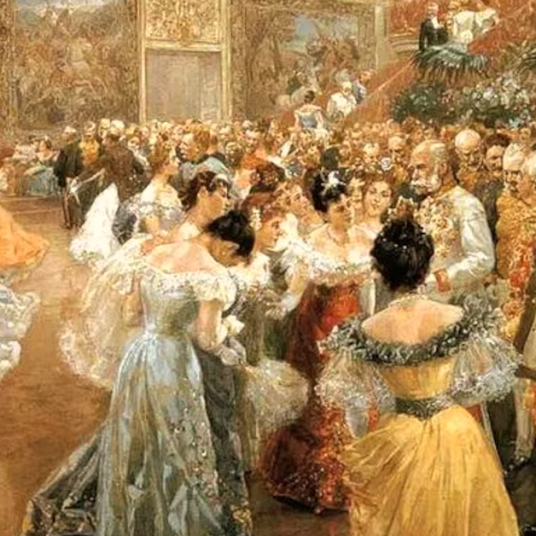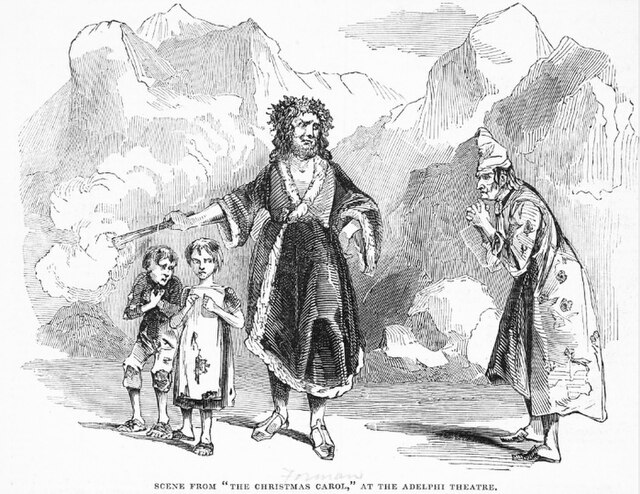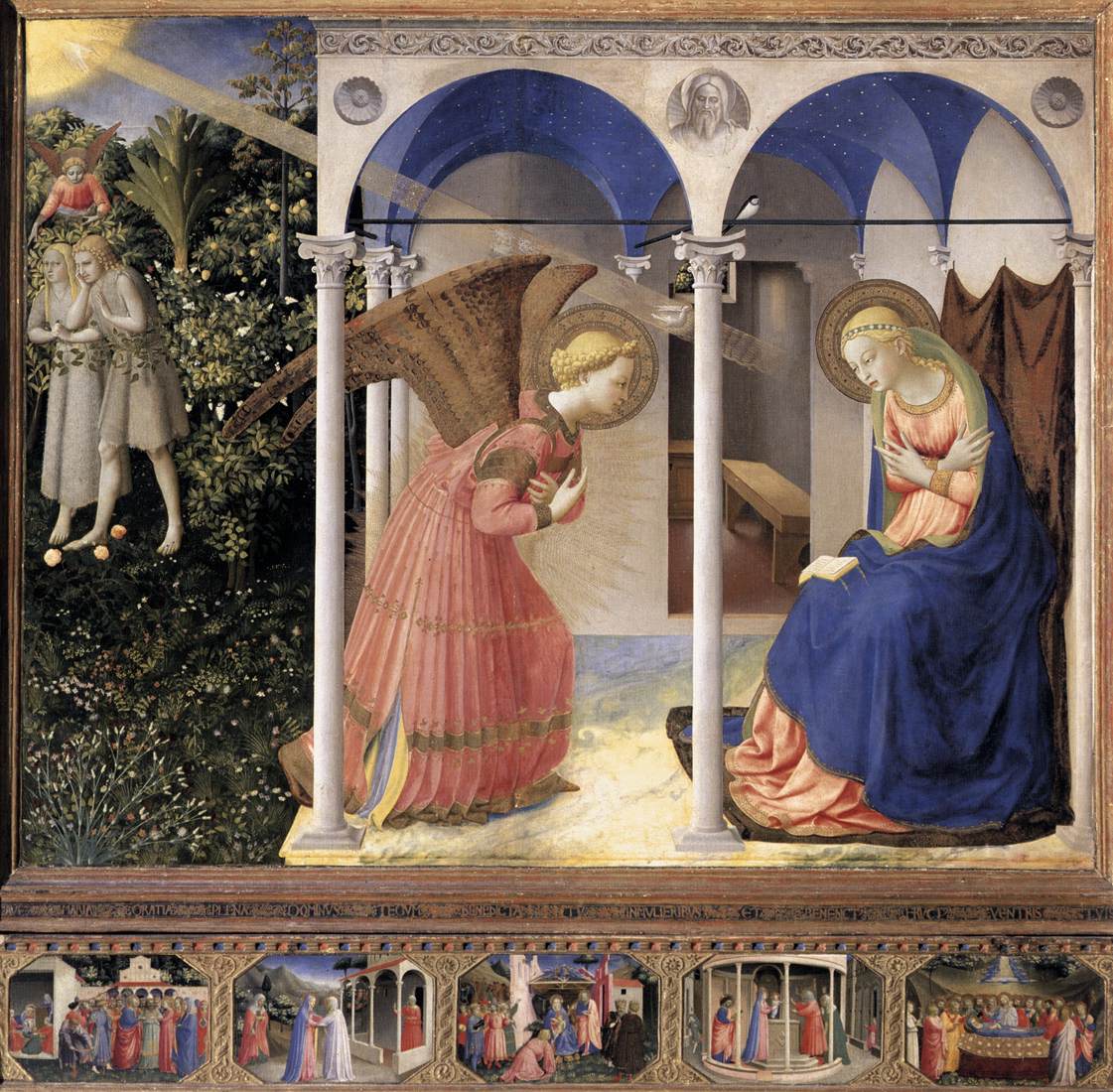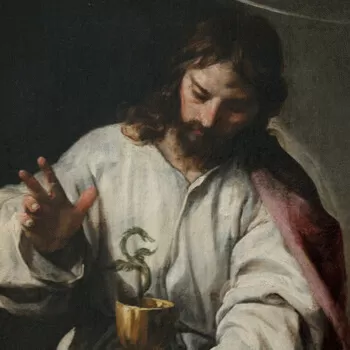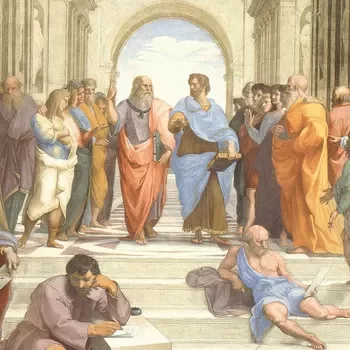
Please note:
We pride ourselves on offering some form of catering or fine hospitality at all of our events; please RSVP if you plan to attend, so we can prepare to welcome you!
Other Events
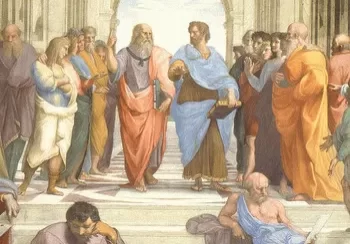
Alcuin Short Course: Reason; One God
Please note:
We pride ourselves on offering some form of catering or fine hospitality at all of our events; please RSVP if you plan to attend, so we can prepare to welcome you!
This is a past event; please find a list of upcoming events here!
Please contact Mr. Eli Stone at eli.stone@dioceseoftulsa.org if you are interested in attending. This 8-week course, taught by Mr. William Dunn, meets every Wednesday at the Chancery Offices in Broken Arrow, 7:00-8:30pm, beginning on October 6th and continuing through November 24th. The course is free to attend, and will use the Summa Theologiae of St. Thomas Aquinas as a primary reading source.
The founders of the 16th century Protestant movement and the 18th century French Enlightenment both maintained that faith and reason are irreconcilably opposed. The conflict between fideism and rationalism, which erupted in the French Revolution, is the origin of the modern secular state that casts its shadow across the West.But the Roman Catholic Church has taught since ancient times that faith and reason are both from God, who is Truth itself, and truth cannot contradict Truth. The Eternal Light of God was made flesh in “ the fullness of time,” when the ancient Greek and Roman reason-based philosophy reached its apex, and its limit, anticipating the fullness of Revelation. Modern science was sprung from the natural philosophy of the Medieval Church that serves as a foundation to natural theology.Vatican I solemnly defined the natural knowability of God; that is, man’s ability to know God’s existence and his properties with certitude by reason alone. In this short course, we will look at how philosophy and science enable us to know the preambula fidei—the culmination of reason’s investigation into truth about the cosmos and its Creator —as we explore St. Thomas’ Treatise on the One God.
Please contact Mr. Eli Stone at eli.stone@dioceseoftulsa.org if you are interested in attending. This 8-week course, taught by Mr. William Dunn, meets every Wednesday at the Chancery Offices in Broken Arrow, 7:00-8:30pm, beginning on October 6th and continuing through November 24th. The course is free to attend, and will use the Summa Theologiae of St. Thomas Aquinas as a primary reading source.


